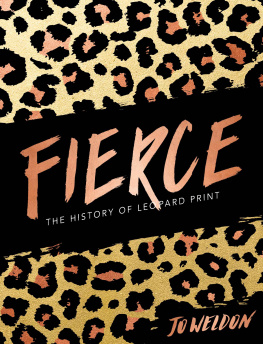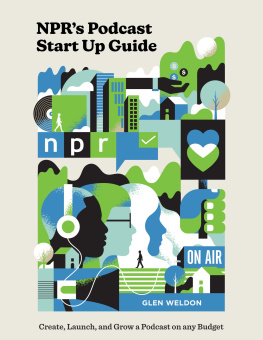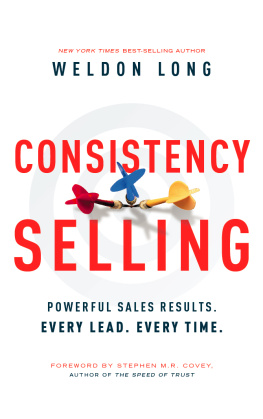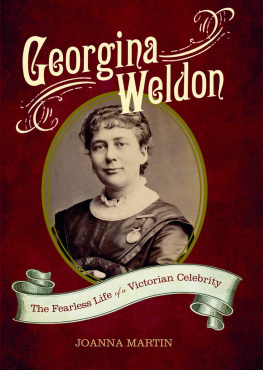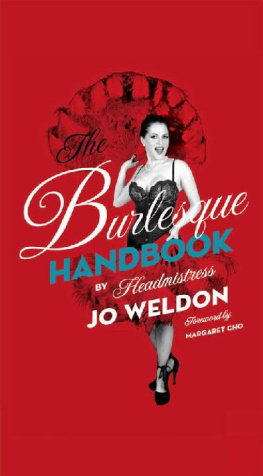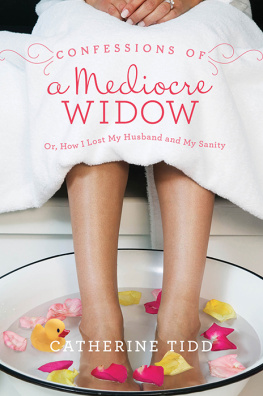Preface
January 2011
I t was a January Saturday in 2011, a home Oak ParkRiver Forest High School Huskies wrestling tournament with fourteen teams competing in the field house, the squat brick building off the narrow alley where kids tried to sneak in without paying the entry fee at the front doorsome parents too, pretending they didnt know about the five-dollar charge when we all know they did. Colin, a seventeen-year-old junior in his second year on the varsity wrestling team, pinned his first opponent in his first match of the day. A wrestler like his two older brothers, Colin was pumped to place, perhaps to win. Confidence was his strong suit.
A local newspaper photographer shot his photo at the millisecond that he pinned his first opponent. I walked over to the reporter to make sure he spelled Colins name right. The reporters never get anyones name right; sometimes they get the scores wrong too.
The competition was steep; several wrestlers at Colins weight were ranked. Colin had earned an honorable mention in Illinois and had just returned from a shoulder injury and three different checkups with the orthopedic specialist to make sure he could return to competing. The night before he beat the 130-pounder from Downers Grove South at the home dual. I cheered like I was mainlining Red Bull, dressed in orange and bluethe school colorsas my nieces Katie and Maggie shouted Colins name.
Go, Colin. Go, Colin, yeah, yeah! I was videotaping his match from the sidelines, kneeling thirty feet from him.
Now it was noon and Colin was up against a ranked wrestler from Minooka Community High School in the semifinals. Just one minute into the first period, Colin was trying to escape, get his one pointyou have to get your escape pointwhen the other wrestler took him down and slammed him backside on the mat.
The thud was loud, thick and solid like a bag of sand slammed onto the shore. The back of his smooth, blond head took all the impact. And he went instantly limp.
Oh God, oh God.
Colin was not moving.
I dropped my camera and stood. I could see Colin unconscious, completely immobile, out. But in my minds eye, my mothers eye? I saw him paralyzed. I saw him in a wheelchair, thirty years old. I saw myself pushing him.
These are the visions you have when your child darts into the street, falls off the slide, stands in the high chair. You imagine the worst, the end point, the catastrophe. And you see ityes, you actually do.
Two matside trainers were trying to resuscitate him with deliberate spiral motions to his sternum. He didnt move. I watched as the coaches surrounded him, all desperately attentive. Colin still did not move, not a muscle, not a hair. All my peripheral vision was erased. I saw only this tight circle with Colin at the center as if it was spotlighted on the stage and the rest of the world went dark. I waited.
Hes not moving.
Hail Mary, full of grace, the Lord is with thee.
I held my hand to my mouth so I would not scream. My head and my chest were engulfed in gasoline flames and my hands got hot, damp with perspiration. I just stood there, waiting.
Colin was not moving. One minute. Two minutes. Oh dear God, three minutes.
Parents were mumbling, wrestlers were pointing. It felt as if the entire gym morphed into a hole void of all animation; only the trainers working on him were in slow motion. All I could see was Colin lying on the mat, face up, still not moving, his legs sprawled and his arms at his side, like a Raggedy Andy doll taken down from the cross.
The first part of him to move was his left knee.
I did not rush the mat; I knew Colin would be upset if I did. Coach Mike Powell, the head varsity wrestling coach, who had gone to Colins side, turned to me and mouthed the words, He is all right.
Hes moving, a father said behind me.
The coaches helped him up; Colin wobbled toward me. The gym erupted in applause. He looked dazed. Coach Powell walked Colin to the side where I was and I scooped up his sweatpants and headgear, carried his water bottle.
Colin knew his name. He knew where he was. He knew the date.
Get him to the ER now, the trainer said.
Someone will get his backpack. Call me, Coach Powell said.
I drove deliberately and calmly to the hospital a few miles away. I was good in crisis. I handled enough of them alone. As a single parent since my boys were six, four, and one, I had been in so many emergency rooms with them so many different times in the last twenty-two years of parentingstitches, sprains, lacerations, dislocated shoulder, swallowed nickels, yes, swallowed nickelsthat I knew how it went. I had good insurance, this hospital emergency room was usually competent and swift, the staff did not make you wait long.
No matter what, it does no good to be emotional, to be upset or distraught or even demanding, you just remain calm. You need the nurses and the doctors to treat you well and your child better. You absolutely do not want to be a pain in the ass. Show your insurance card. Shut up. Do not add drama to the cocktail mix of crisis.
A calm demeanor helped when Brendan nearly severed his left index finger in shop class during his senior year of high school. When the school nurse called me on my cell phone, I was driving down Sheridan Road to my office at Northwestern University where I was an assistant professor in the journalism school. The nurse was more unnerved than I could afford to be.
Brendans hand was severely cut with a blade saw, she said, trembling.
Is it attached? I asked.
They must have ice and a cooler and I can be there in one hour, and if they need him to go sooner, for sure, Coach Powell would take him or I could call a friend who might be at home today and I can meet them at the hospital, and it will be fine. You cannot afford to be doused in hysteria; three active sons cure you of that indulgence pretty quickly.
The mothers eye was in full bloom then too; I pictured Brendan with four fingers years down the line, as an adult. I pictured him telling the story to his grandchildren, and then I also pictured it being reattached in surgery. So I have a slew of simultaneous movies playing on screens in my head at the same time.
He didnt cut off his whole arm, right?
Right, its attached.
I recovered my breath and I knew I just had to keep driving because getting in an accident would be worse. I could call Sue, my nurse friend, and she would call ahead to the ER at Loyola University with the great trauma center I knew well. It was where she worked and everything would be OK; it would just take hours to process it all, get the stitches or whatever else. And then there would be the recovery.
Brendan did not lose his finger. And he later gave me the wooden box he was working on in class; it had dried blood all over the outside. I cleaned it.
Today will be the same. As long as I am not the overbearing mother, everything will go as well as it can. I can stay calm. I only have Colin to worry about today. He is moving, he is talking, he is acting OK. He is not paralyzed. It did not come true. It was the wrong movie.


